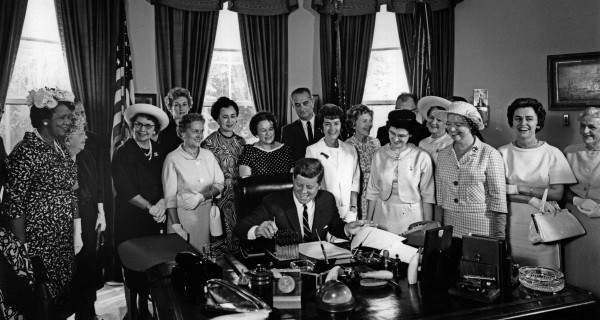1) Men and women must be paid equal wages if they perform substantially the same work under the Equal Pay Act.
"Equal pay" refers to more than just your paycheck. Under this law, all employers must provide "equal pay" including: equal salary, overtime pay, bonuses, stock options, profit-sharing and bonus plans, life insurance, vacation and holiday pay, cleaning or gasoline allowances, hotel accommodations, reimbursement for travel expenses and benefits.
2) Your employer cannot discriminate against you on the basis of your race, color, religion, sex or national origin in any terms or conditions of your employment, including compensation hours and benefits.
Under title VII of the civil rights act of 1964, any employer with at least 15 workers is required to provide equal employment opportunity. This means employers are prohibited from offering different pay for individuals doing the same or similar job or from employing other practices which would result in discrimination on the basis of a protected class such as denying promotions or taking other actions which would unfairly impacted employees' pay, work conditions or job security.
Under New Hampshire's discrimination law, RSA 354 – A the list of employees covered under the law is expanded to include a prohibition of discrimination on the basis of marital status, sexual orientation and pregnancy.









